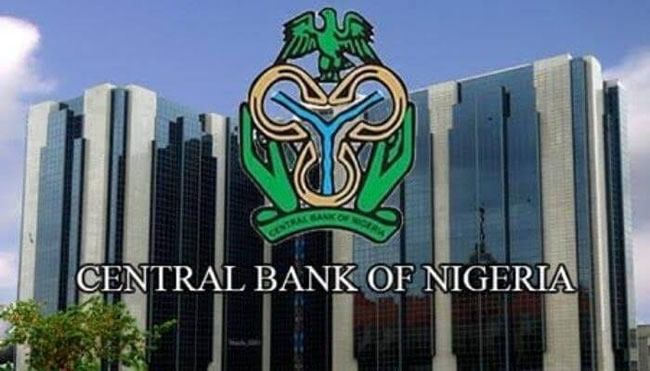
The Central Bank of Nigeria (CBN) has announced a significant turnaround in the country’s balance of payments (BOP) for 2024, reporting a surplus of $6.83 billion. This marks a notable recovery from the deficits of $3.34 billion in 2023 and $3.32 billion in 2022, reflecting improvements in Nigeria’s economic performance and investor confidence.
According to the CBN’s statement, the surplus in 2024 is largely attributed to the impact of comprehensive macroeconomic reforms, stronger trade performance, and a renewed sense of optimism in Nigeria’s economy. The improvement was driven by a surplus in both the current and capital accounts, which totaled $17.22 billion, with a significant contribution from a $13.17 billion surplus in goods trade.
The CBN noted that petroleum imports saw a 23.2% decrease, dropping to $14.06 billion, while non-oil imports also fell by 12.6%, reaching $25.74 billion. This decline in imports occurred in the same year that the Dangote Petroleum Refinery began production, providing an alternative to fuel imports.
On the export side, gas exports surged by 48.3% to $8.66 billion, while non-oil exports also saw an increase of 24.6%, reaching $7.46 billion. Additionally, remittance inflows remained resilient, with personal remittances rising by 8.9% to $20.93 billion. The CBN also reported a 43.5% surge in inflows from International Money Transfer Operators (IMTOs), which increased to $4.73 billion, further illustrating the strong engagement of the Nigerian diaspora.
Nigeria also saw a net acquisition of financial assets totaling $12.12 billion in 2024, with portfolio investment inflows more than doubling by 106.5% to $13.35 billion. Resident foreign currency holdings grew by $5.41 billion, indicating growing confidence in Nigeria’s economic stability. However, foreign direct investment (FDI) fell by 42.3% to $1.08 billion, though the overall financial account showed notable gains.
As a result of these developments, Nigeria’s external reserves increased by $6.0 billion to $40.19 billion by the end of 2024, further strengthening the country’s external financial buffer. The CBN also reported a significant reduction in net errors and omissions, which dropped by 79.5% to negative $5.10 billion, down from $24.90 billion in 2023. This improvement reflects progress in data capture, transparency, and reporting integrity.
CBN Governor Olayemi Cardoso commented on the positive performance, stating that the surplus highlights the success of effective policy implementation and Nigeria’s commitment to maintaining macroeconomic stability. He emphasized that this surplus represents a crucial step forward for Nigeria’s economy, benefiting businesses, investors, and ordinary Nigerians alike.





